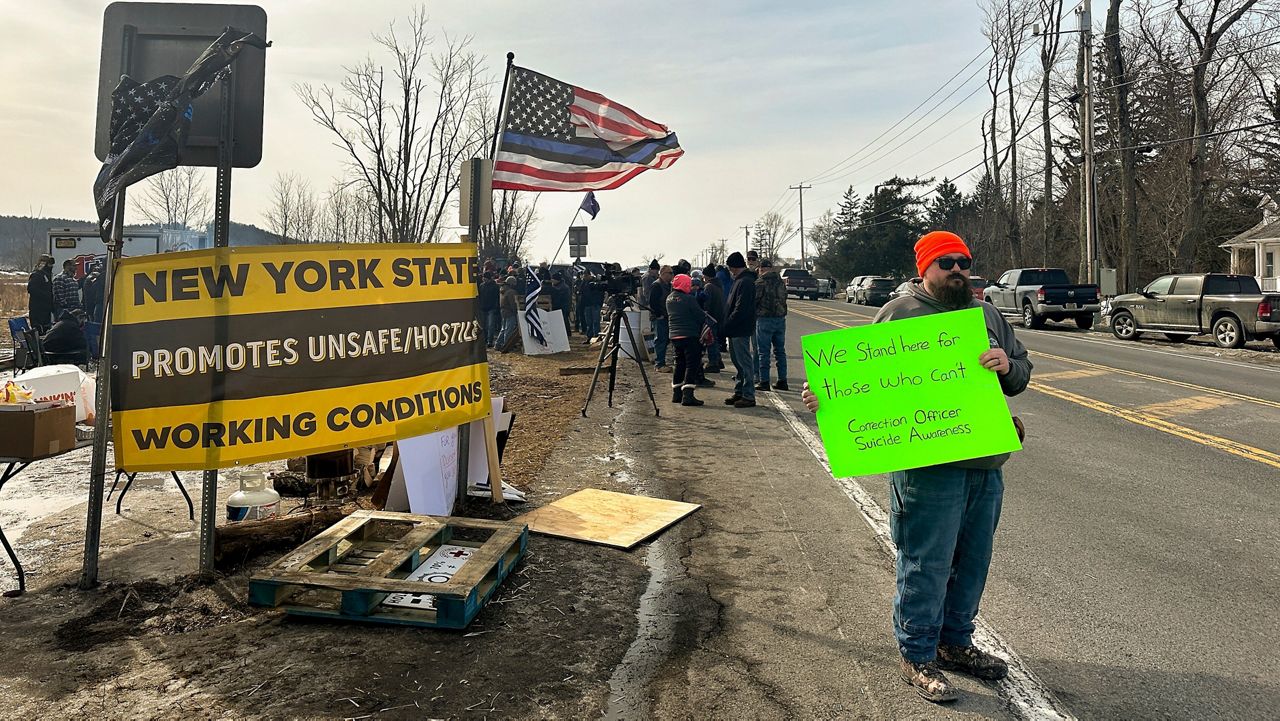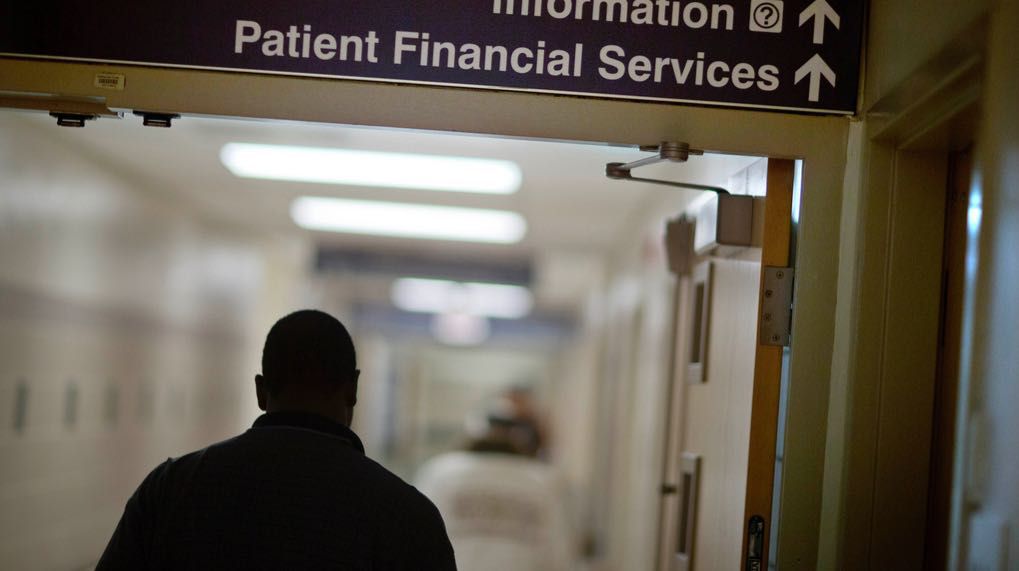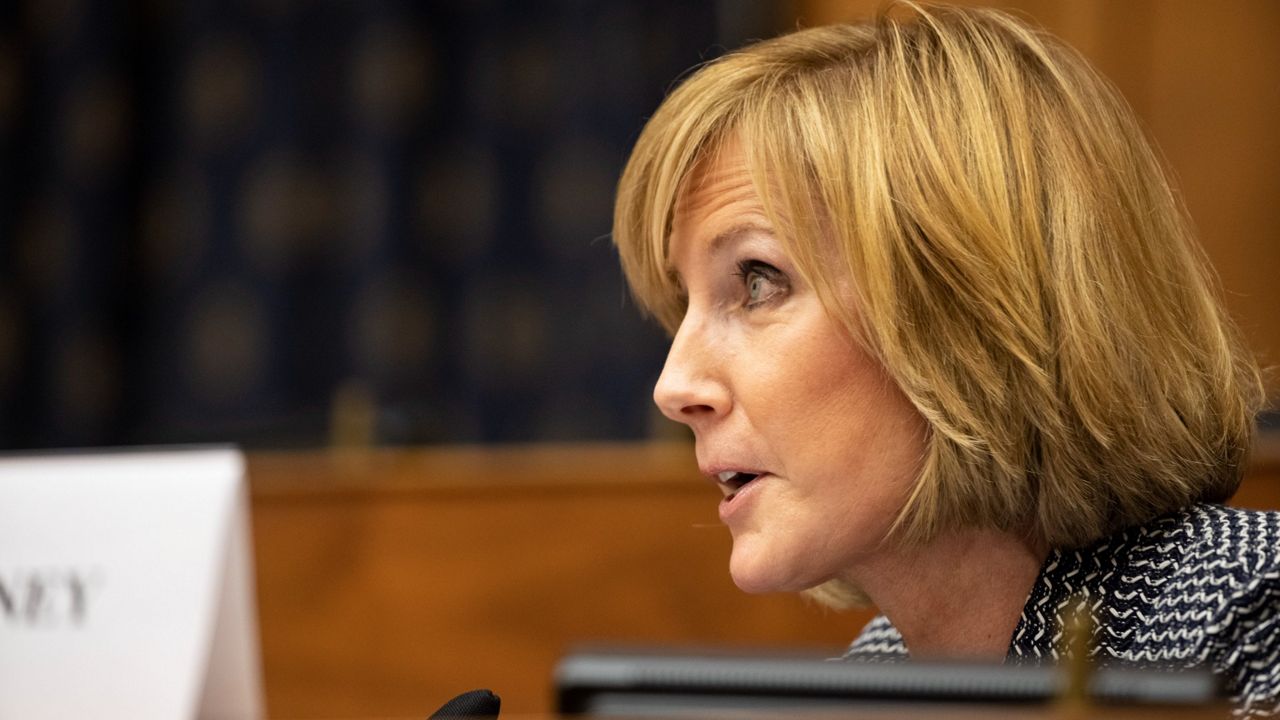Advocates and lawmakers are shining a spotlight on building the mental health workforce.
Glenn Liebman, CEO of the Mental Health Association in New York State, said with budget negotiations on the horizon, now is the time to address severe shortages in the workforce accross the mental health field.
He said the organization is asking the state Legislature to expand upon the 1.5% cost of living increase for individuals in the field included in Gov. Kathy Hochul’s executive budget for a total of 3.2%, equal to the consumer price index.
He emphasized that as the state Assembly and state Senate prepare to release their budgets, it’s an opportunity to address the crisis.
“We are facing a workforce crisis that is not just a crisis, it’s a tsunami,” he said. “We’re optimistic that the increase will be in there and certainly, we’re hopeful it follows through to the final budget."
State Senator Samra Brouk chairs the Mental Health Committee.
She said when it comes to recruiting and retaining members of the human services workforce, continuing to provide a cost of living increase, something she says wasn’t done for ten years prior to 2021, is an important part of the puzzle.
“I can’t blame someone even if they are qualified for these positions to seek employment elsewhere, where they would be able to make more money,” she said.
When it comes to social workers, she said one potential solution to the crisis is removing certain roadblocks to entering the field.
She told Spectrum News 1 that racial disparities and other barriers result in a disproportionate number of Black and Latino graduates not passing the state licensing exam, despite meeting all of the other requirements to practice clinical social work in New York state.
She is co-sponsoring a bill called the Social Work Workforce Act that would remove that requirement while leaving other benchmarks in place.
“There are several lines of accreditation, training and education through the masters program,” she said. “These are all masters-level workers. We are simply removing one of those layers that has proven to have a disparate impact on bringing on a more diverse workforce.”
Ranking member on the committee, state Senator Patricia Canzoneri-Fitzpatrick, offered potential solutions, including student loan debt relief under certain circumstances.
“It is undeniable that we require more skilled professionals, particularly social workers, in the mental health sector. Adults and children alike are suffering from the effects of COVID and are in need of support,” she said. “I propose incentivizing individuals to join the field, such as by providing student loan forgiveness for those who commit to working in underserved areas or schools for a set period after college graduation. Additionally, we should collaborate with insurance companies to streamline the process of utilizing insurance for mental health services.”
It comes as the community is recognizing Self Harm Awareness Day, an issue that Liebman was clear hits young people especially hard. This week, Hochul announced $20 million in funding to expand school-based mental health clinics around the state, programing driven by social workers.
New York State Office of Mental Health Commissioner Dr. Ann Sullivan says the funding will get programs off the ground.
“Then the school-based programs can build and become self sufficient on their own, so it's start up money,” she said. “It’s available for any school, anywhere they can come to us and we’ll set it up.”
Liebman stressed, though, that the great potential of these programs is tempered by the dire need for more professionals to keep them going.
“If we can’t get the workforce to run these programs, they are unfortunately going to fall by the wayside,” he said. “We all love and respect these initiatives, but we need that workforce to be able to implement them.”
Liebman also stressed the need to retain workers through long-term strategies like improving the pension system.









